Adopting aquaculture helps rural Zambian households to diversify income and improve food security status: University of Stirling
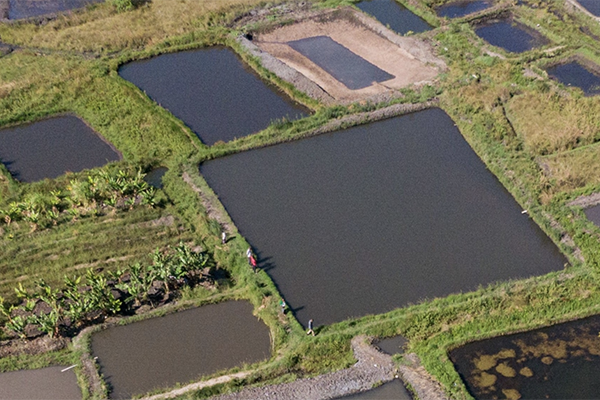
A new study conducted by the University of Stirling found that Zambian farmers can benefit significantly from small-scale aquaculture. The research, published in Agriculture and Food Security, shows strong evidence that raising fish on a small scale not only helps diversify income for farmers but also enhances nutrition and food security in rural areas.
“Showcasing the role of aquaculture to food and nutrition security of rural homesteads in Africa is a relatively difficult thing to prove,” said Alexander Kaminski, Ph.D. researcher at the University of Stirling’s Institute of Aquaculture who undertook the research at WorldFish. “For the first time, our study in northern Zambia shows that smallholder aquaculture can be a game-changer for local farmers. By integrating fish farming into their agricultural practices, households not only diversified their income sources but also significantly improved their dietary variety and overall food security.”
The study looked at households with and without fish ponds. It found that households adopting fish farming saw a significant improvement in their lives, not just in earning money but also in having a better and healthier diet and building a more resilient agricultural system. The research showed that adopting fish farming doubled the chances of households improving their food security status.
“This study provides clear evidence that fish farming is an invaluable component in the fight against food and nutrition insecurity in Africa,” said Shakuntala Thilsted, CGIAR Director of Nutrition, Health and Food Security and WorldFish Global Lead for Nutrition and Public Health at the time of the research. “It provides evidence that nutrition-sensitive homestead aquaculture can enrich diets and create sustainable farming systems that benefit entire communities.”
The results indicate that food and nutrition security from aquaculture in Zambia arrives via three pathways: farmers selling fish for money to afford a better diet, eating fish from ponds to have access to high-quality sources of protein and micronutrients and using the pond within an integrated farming system that allows for diversification into other crops.
The study’s findings offer “a path forward” for policymakers and development agencies looking to improve rural economies and nutrition in developing regions. It underscores the value of looking beyond traditional agricultural methods and embracing more integrated, diversified farming approaches. The study recommends that while measuring productivity and profits from ponds is useful, measuring the impact on dietary quality and food security is equally important.
Now that you've reached the end of the article ...
… please consider supporting GSA’s mission to advance responsible seafood practices through education, advocacy and third-party assurances. The Advocate aims to document the evolution of responsible seafood practices and share the expansive knowledge of our vast network of contributors.
By becoming a Global Seafood Alliance member, you’re ensuring that all of the pre-competitive work we do through member benefits, resources and events can continue. Individual membership costs just $50 a year.
Not a GSA member? Join us.
Author
Tagged With
Related Posts
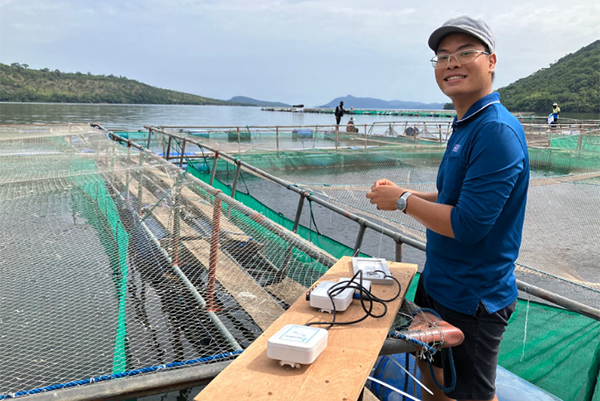
Intelligence
Startup uses data analytics and machine learning technology to boost tilapia health in Ghana
The initiative leverages data analytics and machine learning to correlate and anticipate tilapia health and growth with environmental data.
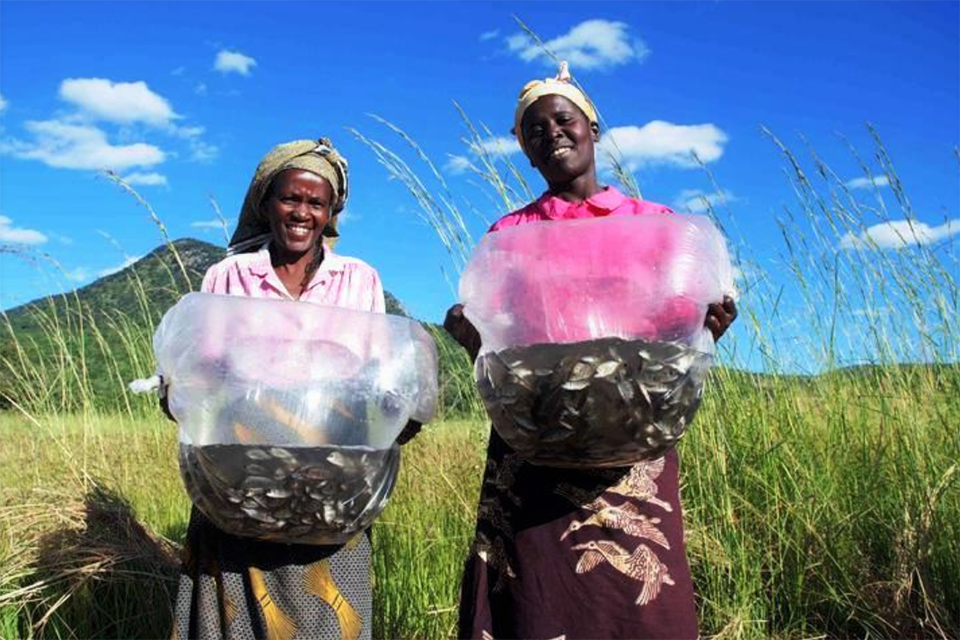
Responsibility
Assessing the future of fish in Africa
Key insights into fish supply, demand projections, employment and investment estimates needed to secure projected fish supplies in 2030 and 2050.
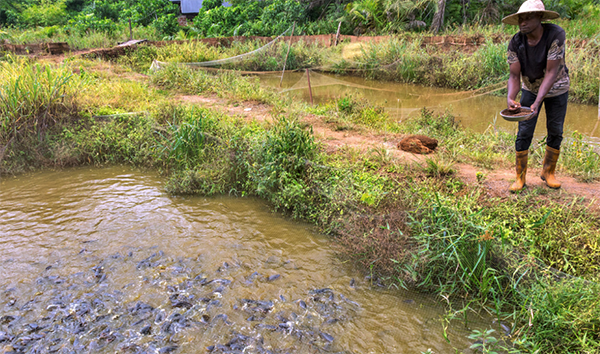
Responsibility
Norway pledges $5 million for IFAD aquaculture projects in East Africa
The Norwegian Agency for Development Cooperation (NORAD) has committed $5 million to support IFAD aquaculture projects in East Africa.
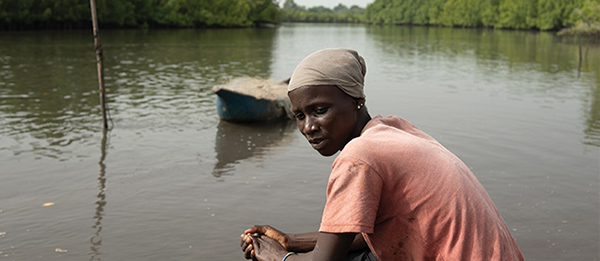
Innovation & Investment
FISH4ACP and The Gambia strike 10-year agreement to transform mangrove oyster production
The plan for the sustainable growth of mangrove oyster production in The Gambia will benefit women producers and stabilize oyster stocks.



